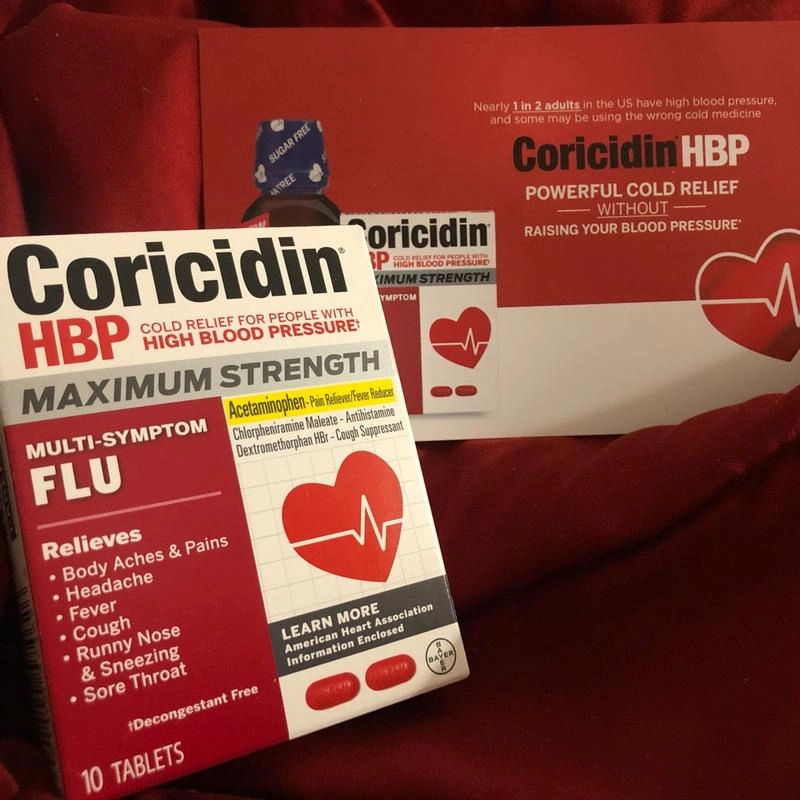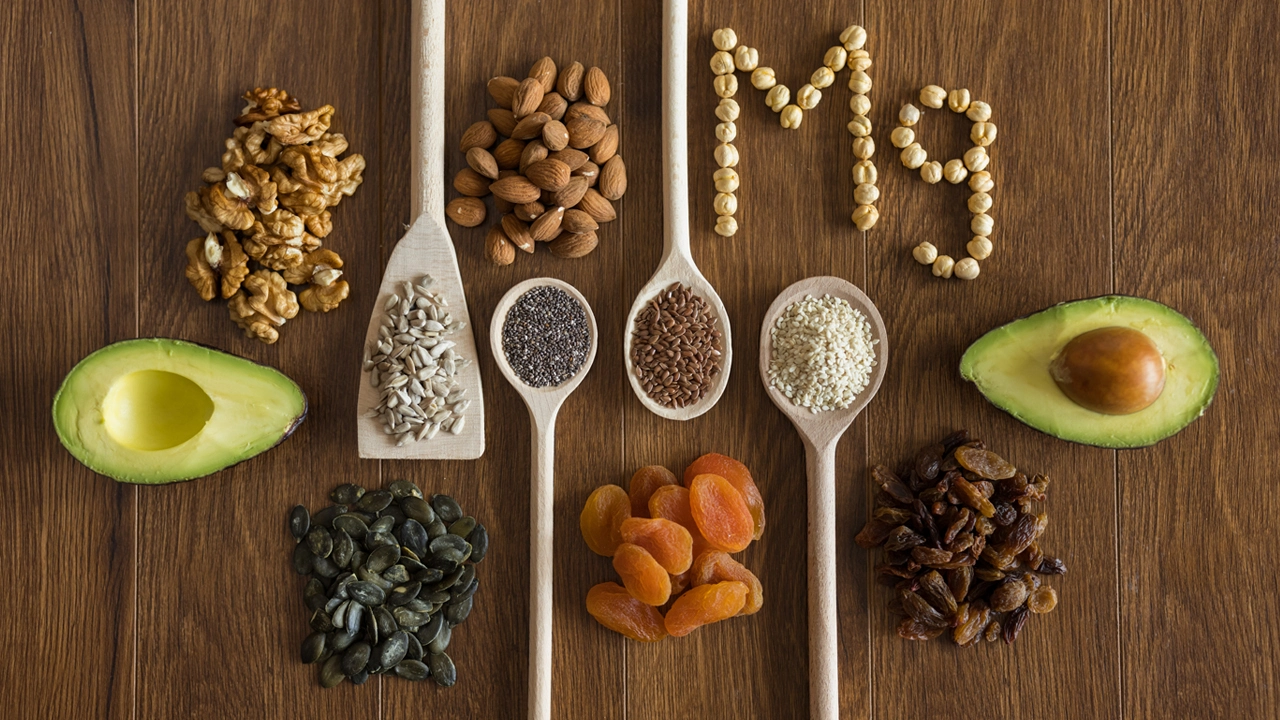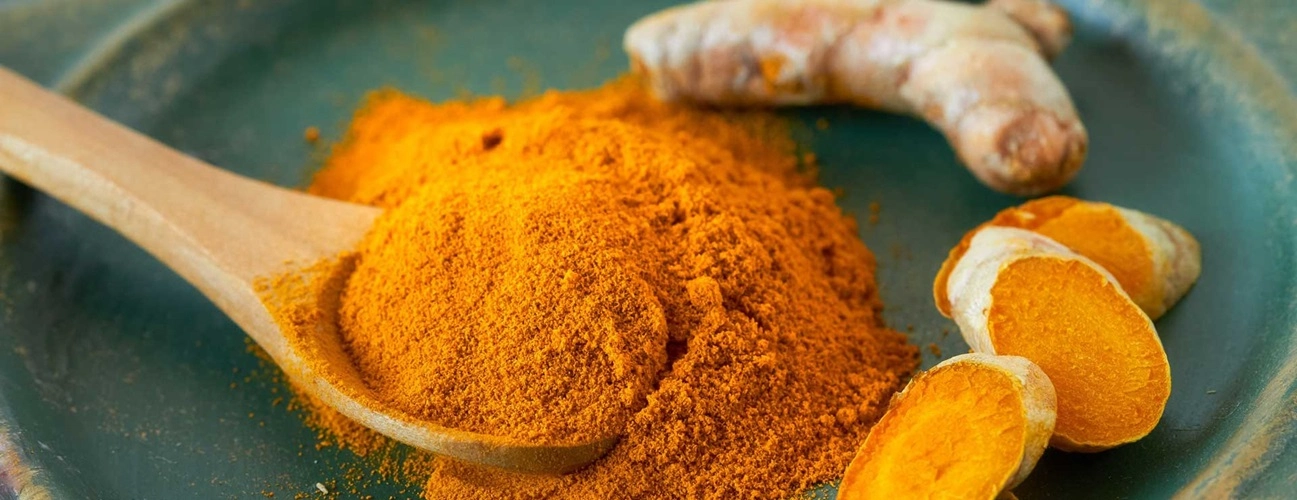Nutrition for Healthy Thyroid: Eliminating processed foods, gluten, and any other foods that can activate your immune system or promote inflammation may help if you have hypothyroidism.

A disorder known as hypothyroidism occurs when the body produces insufficient thyroid hormones. Growth, cell repair, metabolism, and other body processes are all regulated by thyroid hormones.
Although the main line of treatment for hypothyroidism is medication, eating a healthy, balanced diet may help manage symptoms and improve your general health.
A healthy, balanced diet for hypothyroidism is described in this article, along with a list of things to eat and avoid.
Nutrition for Healthy Thyroid
Depending on the type of hypothyroidism, certain nutrients may be beneficial to those who have it. Doctors may advise using supplements or dietary adjustments to correct nutritional deficiencies.
Iodine
Some forms of hypothyroidism can occur as a result of a lack of iodine, a vital element required to produce thyroid hormones. Globally, iodine deficiency is the most recurring cause of hypothyroidism.
While iodine shortage is frequent in many other parts of the world, it is less common in wealthy countries. The following people may be more vulnerable to iodine deficiency in developed countries:
- People who don’t use iodized salt
- expectant mothers
- People on vegan diets are more prone to have low iodine levels.
However, excessive iodine consumption can also be harmful, especially for people with autoimmune hypothyroidism such as Hashimoto’s thyroiditis. To assist you control your intake, it is best to talk to your healthcare professional about your iodine consumption if you have thyroid illness.
They could advise you to stay away from iodine-rich foods like seaweed, kelp, or dulse, as well as salt that has been enhanced with iodine.
Selenium
Another mineral that aids in the creation of thyroid hormone is selenium. It aids in shielding the thyroid from oxidative stress-related harm.
Selenium insufficiency has been connected in studies to the emergence of autoimmune thyroid conditions, such as Hashimoto thyroiditis. You can raise your selenium levels by including foods high in selenium in your diet. Brazil nuts, tuna, sardines, eggs, and legumes are a few examples.
Experts advise against using selenium supplements if you have hypothyroidism since more research is needed to fully understand the relationship between selenium and hypothyroidism. For those with a selenium shortage who are unable to obtain selenium from their diet, a medical expert may suggest supplements.
People with hypothyroidism who are deficient in selenium may benefit from taking supplements.
Adults should consume no more than 400 micrograms of selenium per day, according to the National Institutes of Health (NIH). Over time, a high selenium intake may result in symptoms of:
- Loss of hair and nails
- Diarrhea
- Rash on the skin
- Rash on the skin
The NIH advises that taking large levels of selenium can lead to toxicity. Serious and occasionally lethal consequences of selenium poisoning include:
- Renal failure
- Heart attack
- Breathing issues
Zinc
The body also needs zinc for thyroid hormone production and thyroid function. Not getting enough can negatively affect thyroid function and overall health. A zinc shortage can lead to or aggravate hypothyroidism.
A 2021 study in which participants took supplements containing zinc, vitamin A, and selenium reveals that boosting these micronutrients may enhance thyroid hormone synthesis in persons with hypothyroidism.
Consult a medical practitioner if you suspect that you may be deficient in zinc. They can assess if you would benefit from taking a zinc supplement.
Can Specific Diets Help People with Hypothyroidism?

The following are some potential advantages of dietary changes for individuals with hypothyroidism, including Hashimoto’s thyroiditis:
- Enhancing thyroid performance
- Supporting the maintenance of a moderate body weight
- Lowering hypothyroidism symptoms
- Minimizing nutritional deficits, which could exacerbate symptoms
People with hypothyroidism may benefit from the following eating habits:
- A diet high in fruits and vegetables, such as the Mediterranean diet, may help prevent cellular damage.
- A diet that reduces inflammation
- Paleo diet
- Autoimmune elimination diets, while being closely monitored by a physician
A diet devoid of highly processed foods, added sugar, and pro-inflammatory foods canbe helpful for many people with hypothyroidism. Eating foods rich in particular nutrients may also support thyroid health.
Other Important Nutrients
Other nutrient deficiencies that may play a role in the development of hypothyroidism may include:
- Vitamin D: Hypothyroidism and other autoimmune thyroid disorders are at risk for vitamin D insufficiency. Thyroid function may be adversely affected by low levels. People frequently take supplements since vitamin D isn’t abundant in many foods, even though it can be obtained from sun exposure.
- A vitamin B12 deficiency is frequently observed in hypothyroid individuals. A doctor could advise taking a B12 or B-complex supplement or eating foods high in vitamin B if your levels are low.
- Magnesium: Hypothyroidism and thyroid dysfunction may be exacerbated by low magnesium levels. Magnesium supplements or meals high in magnesium may help with hypothyroid symptoms.
- Iron: Thyroid function may be hampered by low iron levels or iron deficiency anemia. To achieve and sustain appropriate iron levels, supplements are frequently required.
Other nutrient deficiencies that might contribute to hypothyroidism may include:
- vitamin A
- folate
- calcium
Foods to Limit if You Have Hypothyroidism

If you have hypothyroidism, avoiding or limiting certain foods may sustain your thyroid function and overall health.
Ultra-processed foods
Ultra-processed foods may cause the body to experience more oxidative stress and inflammation. Excess reactive substances known as free radicals that overwhelm the body’s antioxidant defenses and can cause cellular damage are referred to as oxidative stress.
Oxidative stress and inflammatory indicators may rise in Hashimoto thyroiditis. Consuming highly processed meals can exacerbate these indicators and have a detrimental impact on thyroid function and general health. Ultra-processed foods to avoid can include:
- Processed foods for snacks, such as potato chips
- Soda and other sweetened drinks
- Breakfast cereals with added sugar
- Granola bars with flavors and preservatives
Gluten
Gluten is a group of proteins seen in:
- wheat
- barley
- triticale
- rye
Eating gluten causes an autoimmune reaction if you have celiac disease, which harms your digestive system and impairs your body’s absorption of other nutrients. Inflammation and nutritional shortages may result from this, exacerbating hypothyroidism.
Doctors usually advise adhering to a gluten-free diet if you have a gluten sensitivity or intolerance. However, it’s best to consult a physician or dietitian before making significant dietary changes.
Goitrogens
Goitrogens are found in cruciferous vegetables like Brussels sprouts and cabbage, as well as in soy products. According to several studies, they might disrupt the thyroid’s ability to produce hormones.
Moderate consumption of goitrogenic foods does not adversely influence thyroid health in the majority of persons, including those with hypothyroidism. Foods that might cause goiter include:
- cabbage
- Kale from Russia
- Bok choy
- Brussels sprouts
- Soy
- Millet pearl
People with hypothyroidism can safely consume cruciferous vegetables like broccoli because they are low in goitrogens, and cooking goitrogenic foods lowers their goitrogenic activity.
However, consuming significant volumes of raw cruciferous vegetable juice on a regular basis might be something you want to restrict.
A 2024 assessment of the literature, however, raises the possibility that certain meals might not have the detrimental impact on thyroid function that other studies have suggested. Consult a physician before removing any foods from your diet.
Foods to Eat if You Have Hypothyroidism
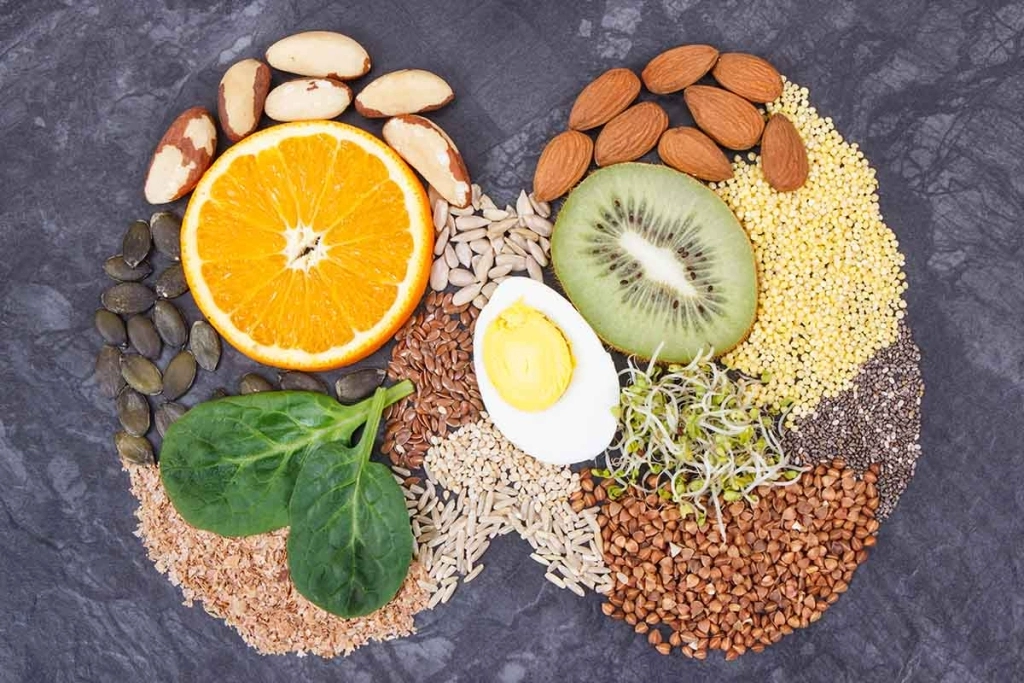
Eating a diet high in nutrient-dense foods might help lower the risk of diseases associated with hypothyroidism and enhance general health, including:
- Heart conditions
- Obesity.
- Heart conditions
Constipation, a typical symptom of hypothyroidism, can also be reduced with a high-fiber diet. You might want to consider including the following nutrients if you have hypothyroidism:
- Fruit: pineapple, bananas, citrus fruits, pears, peaches, berries, and grapes
- Starchy vegetables: Greens, artichokes, zucchini, asparagus, carrots, peppers, spinach, or mushrooms are examples of non-starchy vegetables.
- Good fats: Include full-fat yogurt, avocado oil, coconut oil, avocado oil, and unsweetened coconut.
- Whole grains include quinoa, brown rice pasta, rolled oats, and brown rice.
- Almonds, cashews, macadamia nuts, pumpkin seeds, and natural peanut butter are examples of seeds, nuts, and nut butters.
- Lentils with beans: kidney beans, chickpeas, or lentils
- Dairy and nondairy alternatives: Coconut milk, cashew milk, coconut yogurt, almond milk, unsweetened yogurt, or cheese are examples of dairy and nondairy alternatives.
- Spices, herbs, and condiments: spices such as paprika, saffron, or turmeric, fresh or dried herbs like basil or rosemary, and condiments like salsa or mustard.
- Drinks: water, unsweetened tea, coffee, or sparkling water
Avoiding foods that they are sensitive to, such dairy or gluten, may help some persons with hypothyroidism. If at all possible, consult a trained dietitian who can help you choose which foods you should limit or stay away from.
Additionally, they can assist you in creating a balanced diet that avoids needlessly eliminating foods high in nutrients.
Diet and Thyroid Medication
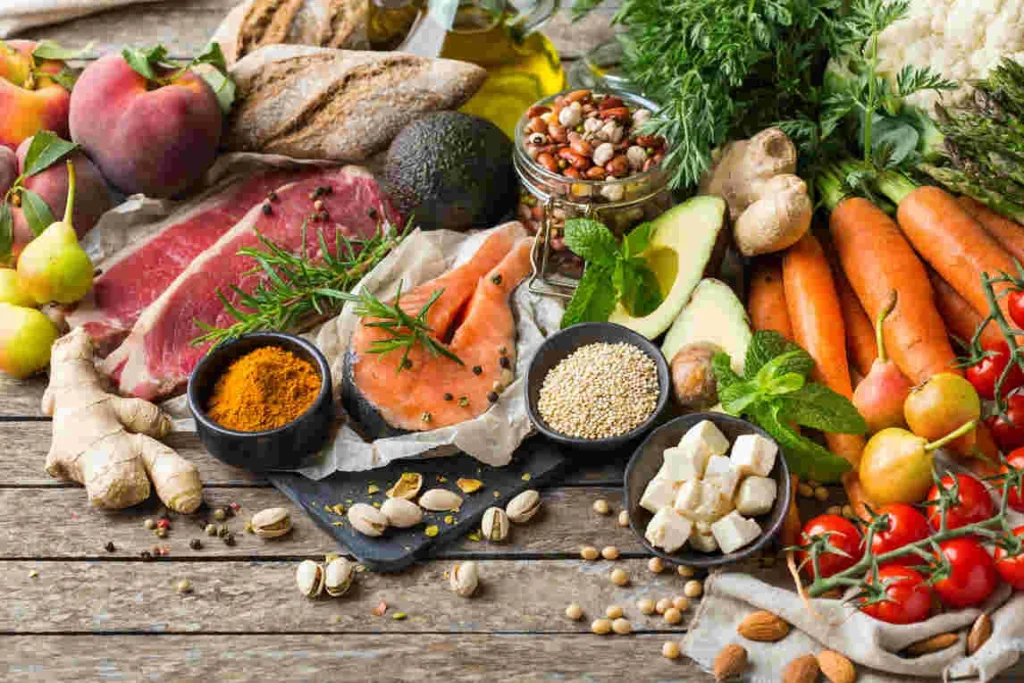
To ensure the best absorption, take your thyroid medication on an empty stomach. Avoiding foods, drinks, and supplements that can affect how well medications are absorbed is part of this. Experts often suggest that you:
- Take thyroid drugs like levothyroxine at least 30 to 60 minutes before breakfast or 3 to 4 hours after supper
- Take your prescription without food
- Wait at least half an hour before consuming anything other than water, such as caffeinated drinks, as this may impact how well your body absorbs the medication
- Steer clear of thyroid medications four hours after taking calcium or iron supplements.
Take Home
Although there isn’t a “best” diet for hypothyroidism, taking the proper drugs and eating the right foods can help control the condition’s symptoms, enhance thyroid function, and advance general health.
Although dietary requirements vary from person to person, individuals with hypothyroidism can benefit from a diet high in whole, nutrient-dense foods such as fruits, vegetables, nuts, and seafood.



